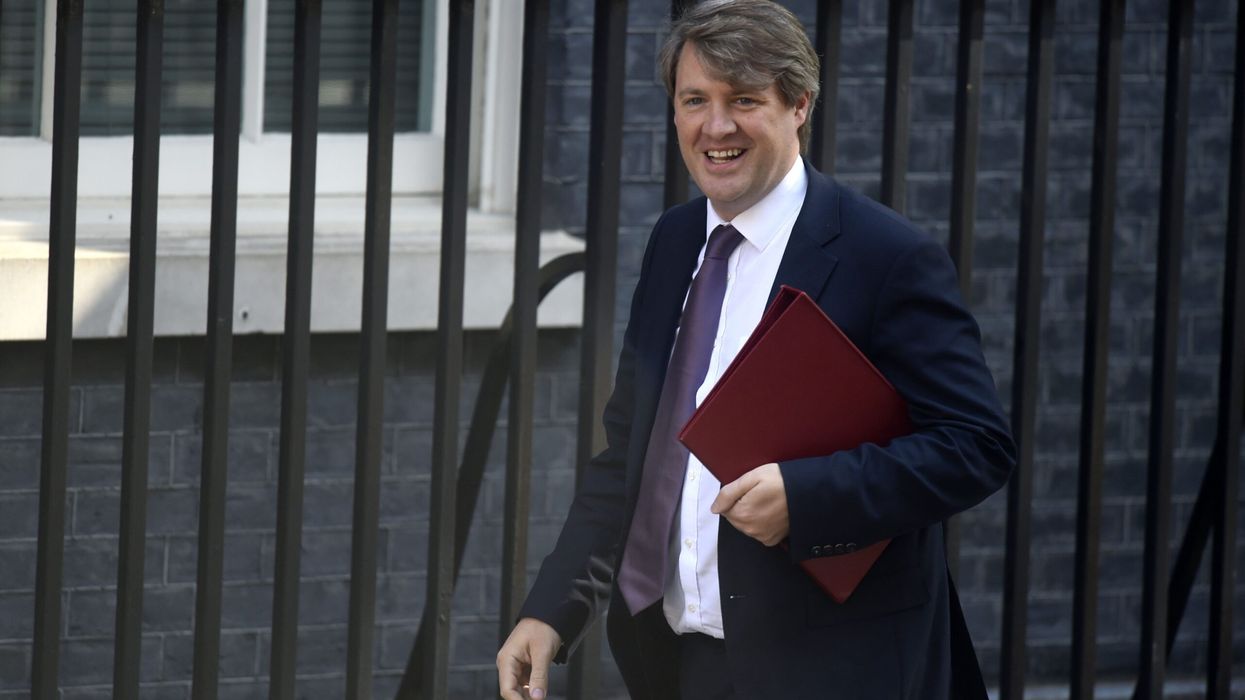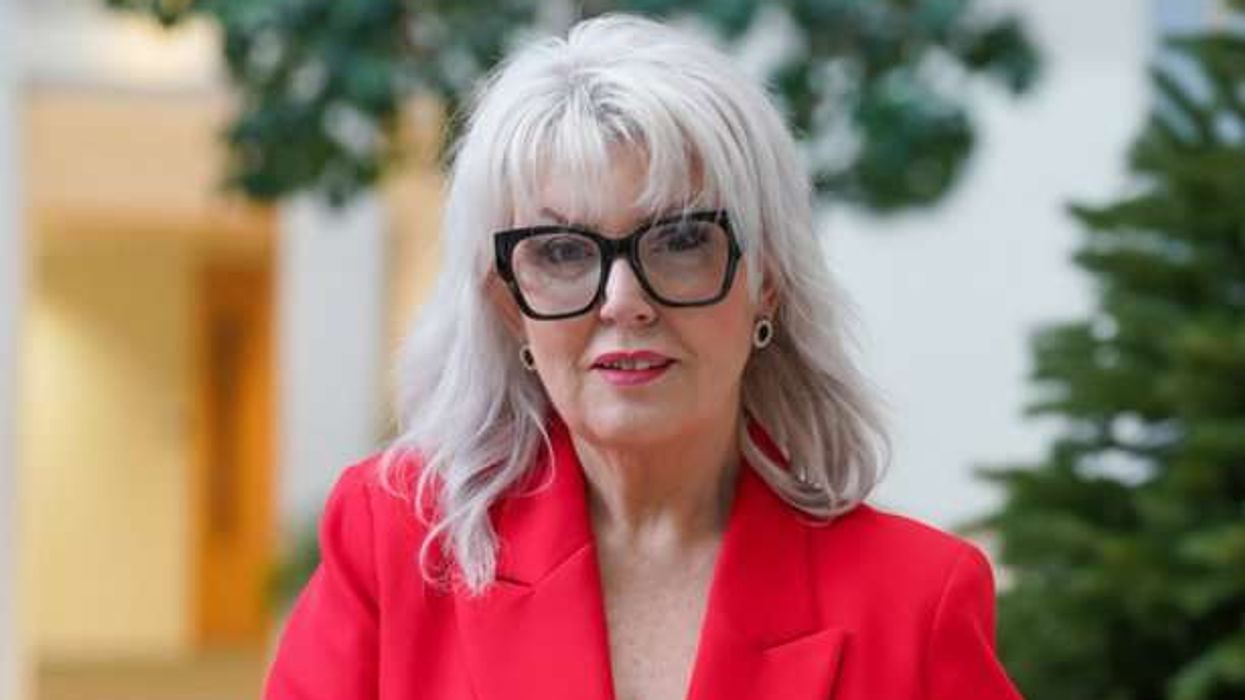Former energy minister, Chris Skidmore announced on Friday (5) that he is resigning as an MP, citing disagreements with the ruling Conservatives over the contentious oil and gas legislation.
In an embarrassing setback for embattled prime minister Rishi Sunak, MP Chris Skidmore also said he will quit the Conservative parliamentary party.
He explained he could no longer "support a government that is committed to a course of action that I know is wrong and will cause future harm."
The Offshore Petroleum Licensing Bill -- which lawmakers are set to debate again next week -- will, if approved, controversially see Britain hold annual licensing rounds for new oil and gas drilling projects.
The government already announced last summer it will issue "hundreds" of new oil and gas licences in the North Sea to boost "UK energy independence" and protect jobs in the sector.
But critics including Skidmore -- a former vice-chair of the Tory party -- say any new licences contradict Britain's commitment to reach net zero carbon emissions by 2050.
"I cannot vote for a Bill that clearly promotes the production of new oil and gas," Skidmore wrote on social media.
"To fail to act, rather than merely speak out, is to tolerate a status quo that cannot be sustained."
The lawmaker said his constituents "deserve the right to elect a new Member of Parliament" so he will quit "as soon as possible."
That will trigger a by-election in the western English seat of Kingswood that Skidmore, arguably the most prominent net zero advocate within the ranks of Tory MPs, has represented since 2010.
The 42-year-old led a landmark independent report into the delivery of the UK's net zero agenda published last November, but has become a vocal critic of the government's policies in this area.
His decision will pile renewed pressure on Sunak ahead of a general election due this year.
The Tory leader is bidding to keep his fractious party -- which polls show trailing the main Labour opposition by double-digit margins -- united on a host of divisive issues.
Last year, Sunak softened several policies seen as key to the net zero target, most prominently delaying a ban on the sale of petrol and diesel cars by five years to 2035.
Environmentalists and net zero proponents, including within his own party, heavily criticised the moves.
(AFP)













